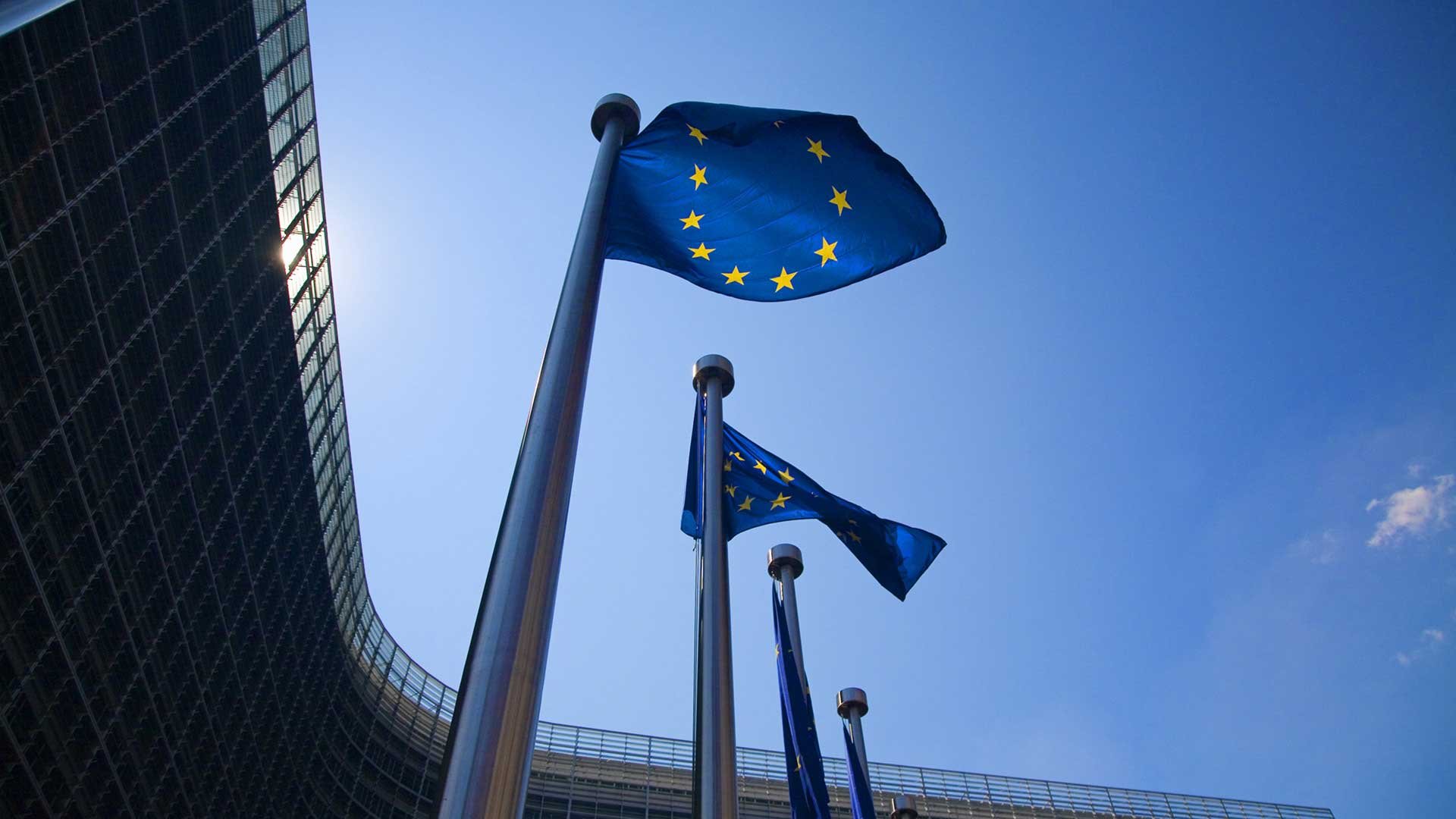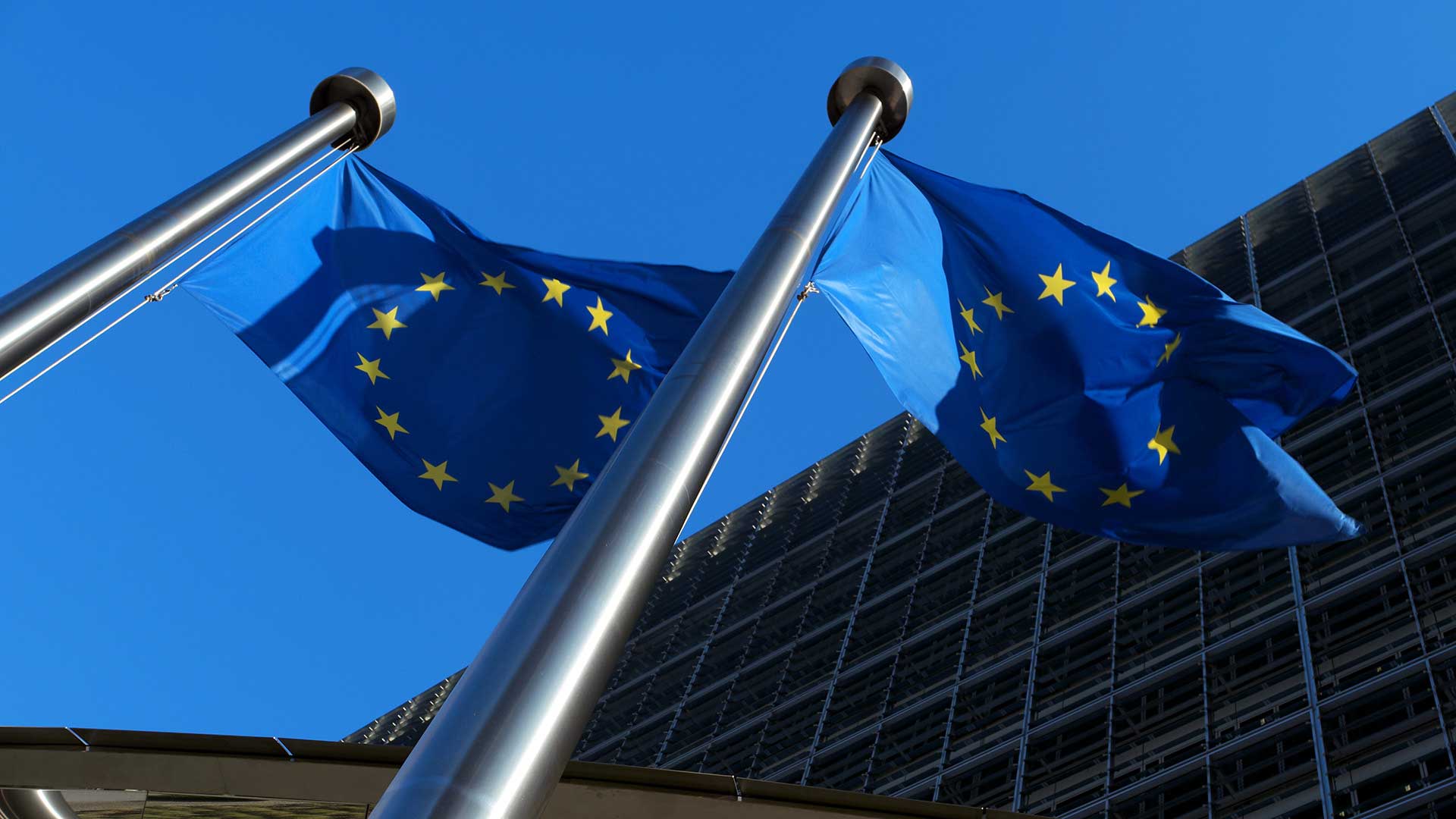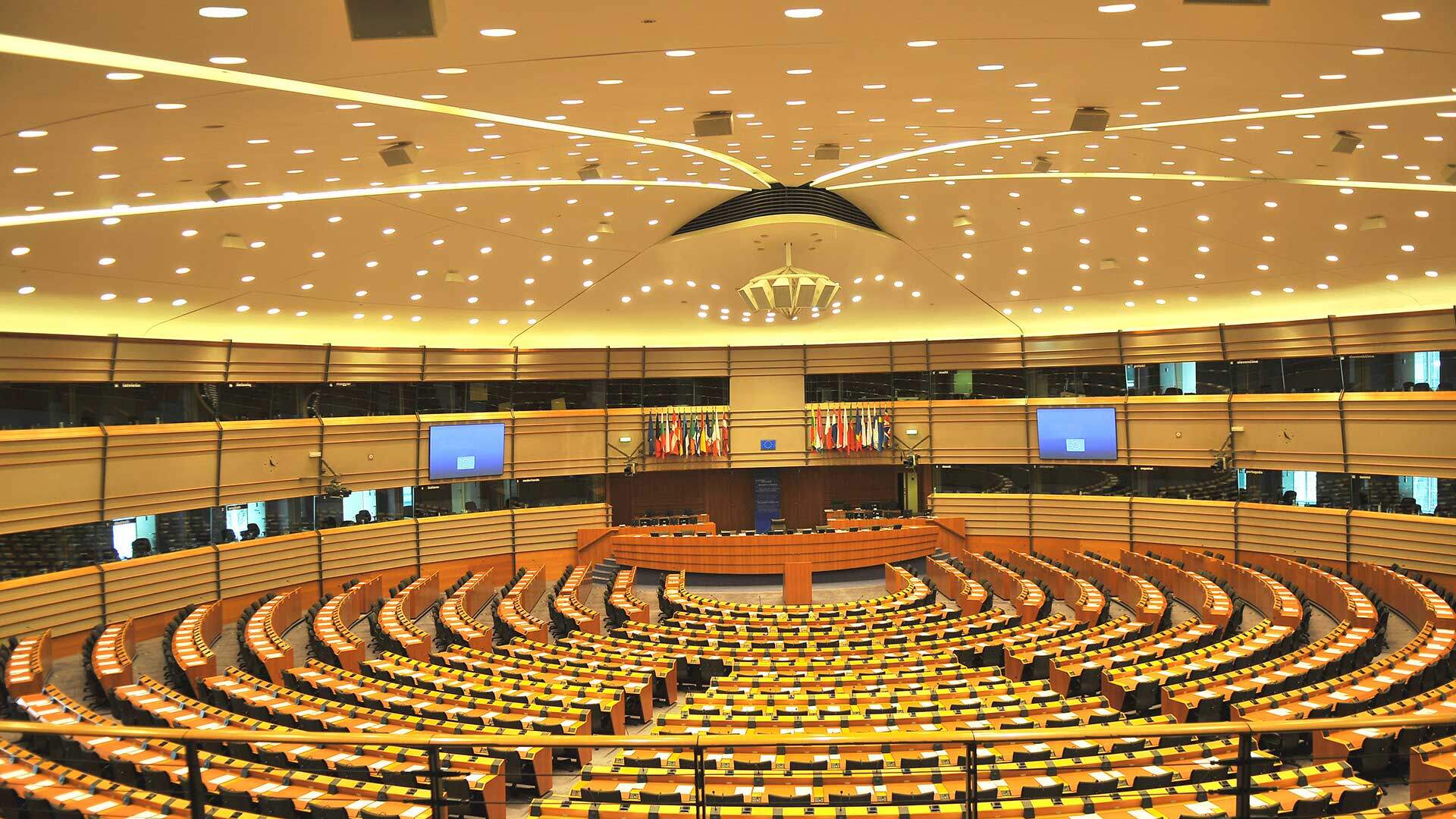Our thinking

Eurobarometer
Since 2004, Verian has conducted Eurobarometer, analysing the political and social context of the European Union by surveying over 150,000 citizens annually.
-1.png?width=1920&height=1080&name=BE_MicrosoftTeams-image%20(64)-1.png)
Voice of Ukraine
Our award winning research programme has tracked the evolving priorities, challenges and living circumstances of displaced Ukrainian citizens over the last 18 months.

The Reykjavik Index for Leadership
Established in 2018 as the first global measure of perceptions of women and men's suitability for positions of leadership across the G7 and more than 40 other countries, covering all continents.
Our services
We work end-to-end
across the public policy development cycle
We combine expertise in human understanding with advanced technologies and data science, connecting governments with citizens across the world. We work with our clients to create policy interventions, design better public services, and unlock behaviour change.
We support the rapid development of policy thinking in moments of urgency. We implement policies on the ground for multi-laterals. We build communications to reach diverse and complex audiences.
We provide the evidence base for policy design and decision making in governments and multilateral organisations around the world.
We help you enhance the design and development of public policies, programmes and interventions at every stage of the lifecycle to deliver public value.
Our experts have deep expertise and experience in understanding citizens' behaviour and deconstructing the complex range of levers that can drive change.
Our expertise in political and opinion polling helps governments and policymakers make informed decisions and contribute to the quality of public debate.
Latest case studies
Latest insights
Our latest thinking
Subscribe to receive regular updates on our latest thinking and research across the public policy agenda.
Our expert teams around the world regularly produce research and insights relating to public policy issues.
You can unsubscribe at any time.
Join us
If you are interested in joining us at Verian, please visit our Careers page.










